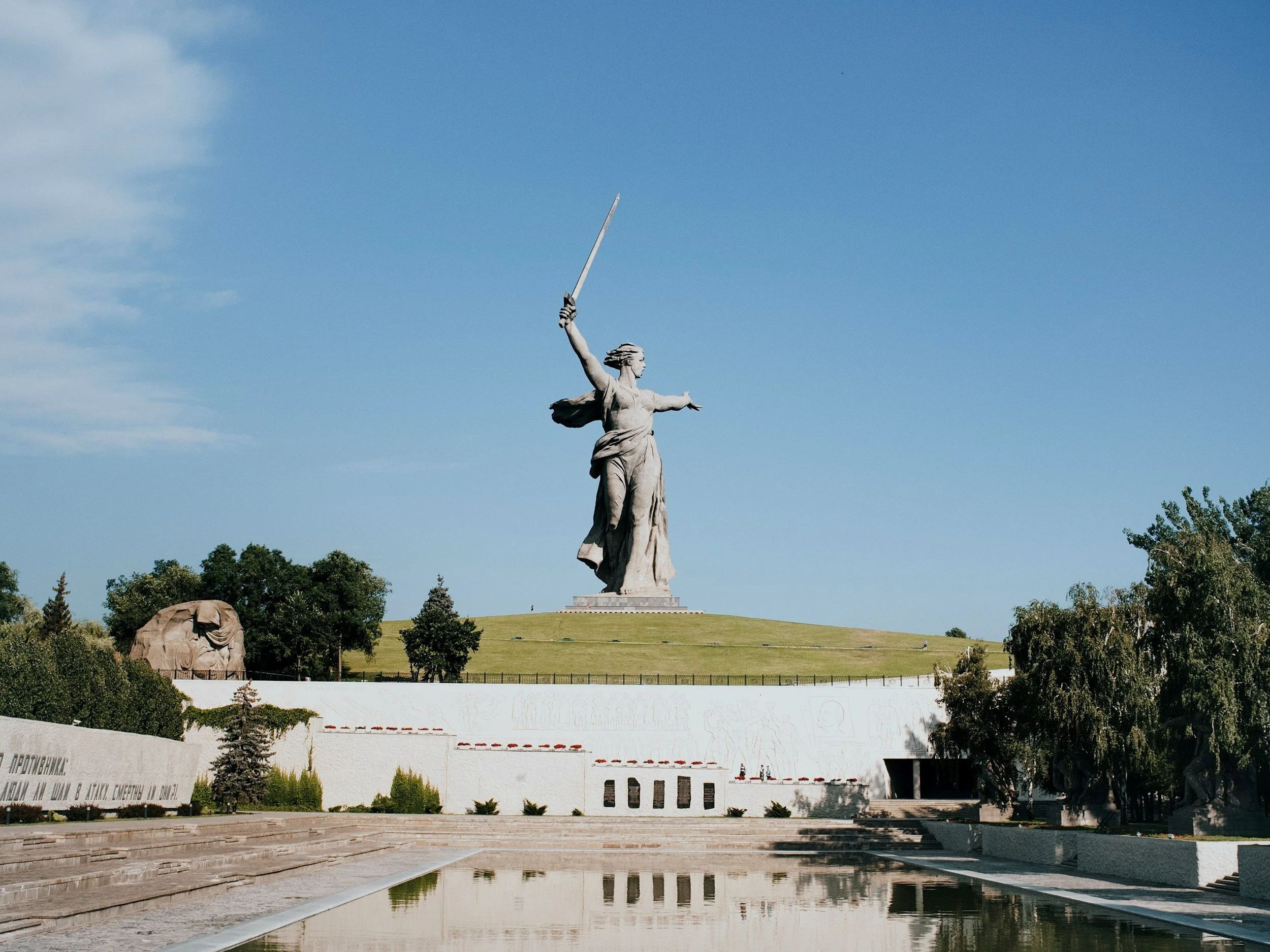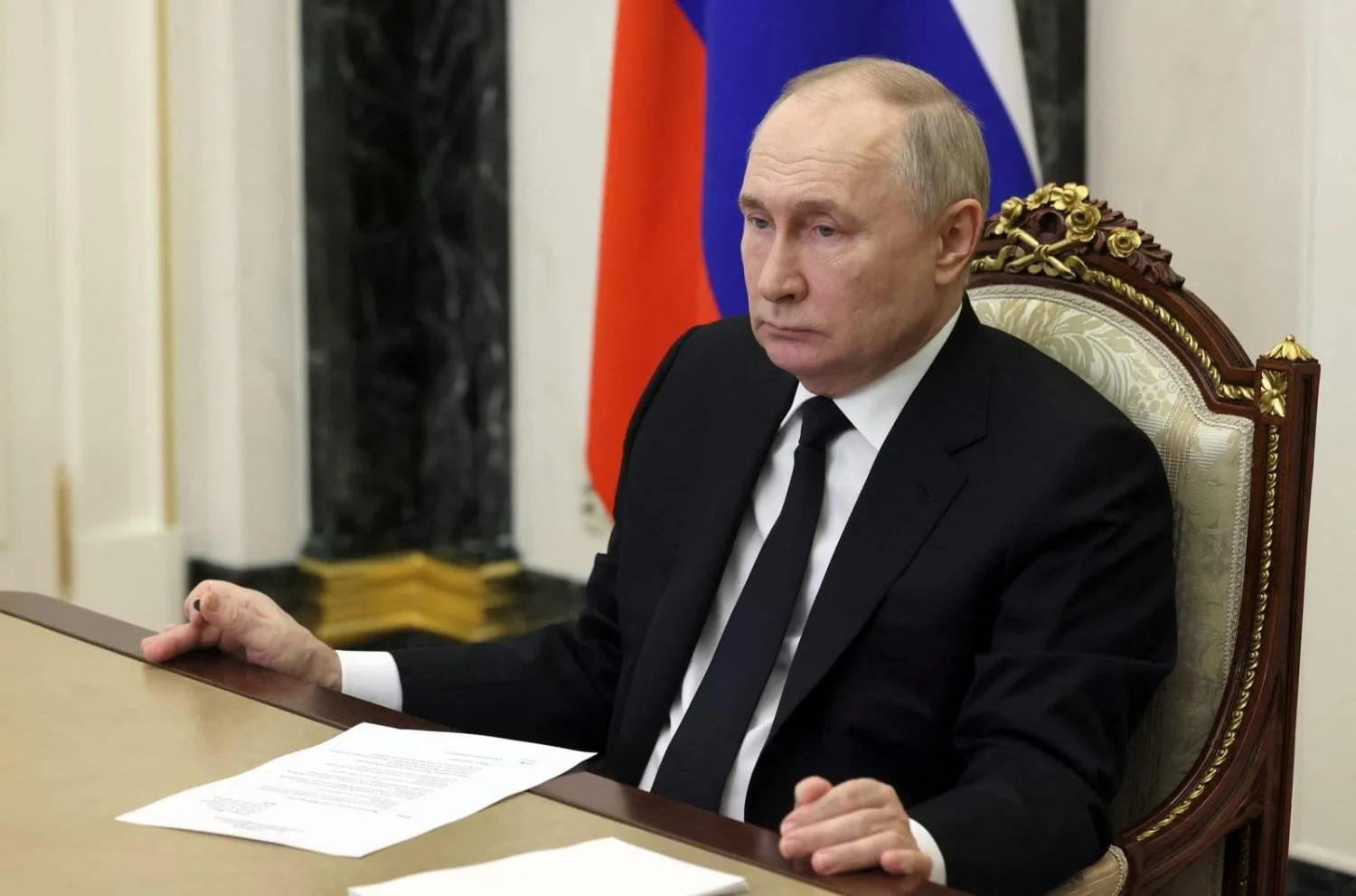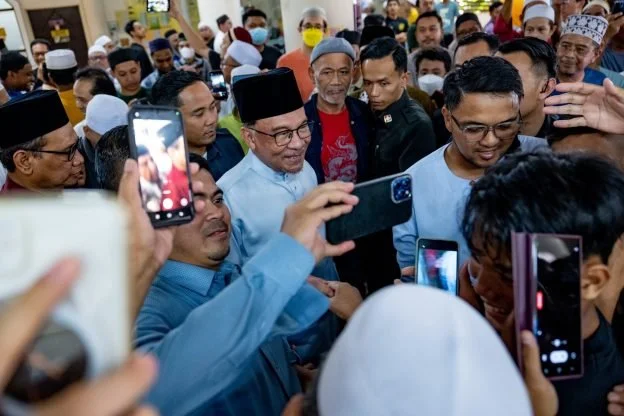Reports, Analyses & Policy Briefs
-

Apr 2025 | From SCIFs to Signal: How Signalgate Sends a Message of Institutional Disdain
ANALYSIS
Signalgate" reveals a deliberate reshaping of America's security culture, not mere amateurish negligence. Drawing from a Southeast Asian perspective, this analysis examines how institutional safeguards are being abandoned for personality-driven loyalty networks. The scandal illustrates a profound erosion of America's security apparatus where alignment with leadership now trumps procedural rigour. -

Feb 2025 | The May 2024 Ulu Tiram Attack: Islamic State Extremism, Family Radicalization, Doomsday Beliefs, and Off-the-Grid Survivalism in Malaysia
ANALYSIS
This policy report examines Ulu Tiram's May 2024 attack in Malaysia, revealing familial radicalisation dynamics. Initially misattributed, this JAD-influenced incident demonstrates how paternal extremist theology systematically groomed the perpetrator, reframing violence as spiritual purification. The case illustrates how isolated ideological environments create significant monitoring challenges, necessitating sophisticated intervention approaches beyond conventional categorisations.
-

Nov 2024 | Strike on UN Peacekeepers May Shape Regional Politics
ANALYSIS
Israel's recent strike near Sidon represents a dangerous escalation that wounded Malaysian peacekeepers while continuing a pattern of diminishing regard for international law. The attack follows Netanyahu's unprecedented acknowledgment of the "pager attack" against Hezbollah and coincides with Malaysia's heightened diplomatic activism on Palestinian issues. This calculated aggression, coupled with America's muted response, undermines UN peacekeeping credibility while creating a diplomatic vacuum that Russia and China appear eager to exploit as alternative guarantors of international stability for Global South nations.
-

Oct 2024 | Trust in Media and Government: An Analysis of Superpower Influence
REPORT
This policy report examines the evolving geopolitical dynamics in Southeast Asia, analysing how major powers - the United States, China, and Russia - engage with the region through various forms of influence. With a focus on Malaysia as a case study, the analysis explores how these powers employ different approaches, from cultural exports to investments in education and media.
-

Apr 2024 | Reactions to Russia's Invasion of Ukraine: A Study of Indonesia and Malaysia’s Stance
REPORT
The policy brief explores how local media narratives shape regional perceptions and recommends that international actors better align their messaging with Global South priorities, particularly regarding decolonisation and equitable governance. Indonesia and Malaysia's responses to the Ukraine conflict reflect complex postcolonial and Islamic perspectives, balancing pragmatic interests with historical grievances against Western powers.
-

Mar 2024 | How ISIS Recruited for Russia Terror Attack and Where It's Targeting Next
ANALYSIS
IS-K, a regional Islamic State affiliate, claimed responsibility for the recent Moscow attack. Originally formed by former Taliban members, IS-K recruits heavily from Central Asian countries and uses sophisticated funding methods. Despite facing challenges at home, the group has demonstrated its capability to execute deadly attacks internationally, prompting heightened security across Europe.
-

Mar 2024 | Moscow Attacks: Why Putin Was Quick to Blame Ukraine
ANALYSIS
Recent Moscow terror analysis reveals IS-K's deadly Crocus City Hall attack as Russia's worst in 20 years. Despite US intelligence warnings dismissed by Putin as "blackmail," the Kremlin swiftly blamed Ukraine rather than acknowledge the Islamic State's responsibility. This deflection serves dual purposes: mobilising public support for the Ukraine war while concealing Russia's problematic approach to Islamist insurgents in North Caucasus republics and Central Asia, potentially undermining Putin's strategic cultivation of Muslim allies globally.
-

Feb 2024 | When Opposition Is Extremism: The Dangers of Over-Securitisation and Online Vigilantism
POLICY BRIEF
The policy brief argues that it is crucial for policymakers and practitioners to understand how the state identifies 'extremists.' In Western contexts, extremism is typically viewed as severe anti-government actions. However, in the Global South, the situation often differs as some governments may support their own extremists while labeling nonviolent opposition as extremist. The full report is available for download at ICCT.
-

Jan 2024 | How Should Malaysia’s Government Deal With the ‘Green Wave’?
NET ASSESSMENT
Malaysia faces political tensions between Anwar Ibrahim's coalition government and the rising Islamist party PAS, with debates about whether PAS represents a genuine "green wave" or merely benefits from UMNO's collapse. Critics suggest government crackdowns against PAS risk backfiring, as equating the party with extremist groups mischaracterises its mainstream electoral support.
-

Sep 2023 | No Neutrality in Espionage: Why is Malaysia Tangled Up in a Spying Case in Norway?
ANALYSIS
The Oslo spy case reveals how intelligence agencies increasingly recruit from non-aligned nations like Malaysia to exploit diplomatic blind spots. By using operatives from unexpected regions, countries such as Russia and China leverage Malaysia's powerful passport and neutral geopolitical stance. Despite Malaysia's non-align position, the detention demonstrates how smaller nations can unwittingly become pawns in remote conflicts, potentially damaging their international standing and diplomatic relationships. -

Aug 2023 | Russia: The Mafia as the State
ANALYSIS
This analysis examines how Prigozhin's dramatic demise reflects Putin's Russia functioning as a mafia state where disloyalty is unforgivable. Tracing Putin's criminal connections to 1990s St Petersburg, it explores the calculated elimination as a warning to Russian elites while highlighting potential disruption to Wagner's African operations, despite Putin's enduring power structure.
-

Aug 2023 | Shadows of the State: How Wagner Group Extends Russian Reach in Africa
ANALYSIS
The Wagner Group has expanded Russian influence in Africa by exploiting anti-Western sentiment and security vacuums, particularly in Niger and Mali. Despite its leader Prigozhin's failed uprising against the Kremlin, the mercenary organisation continues to advance Russian interests while securing valuable resources that help Moscow circumvent international sanctions. This relationship highlights the evolving nature of statecraft through non-state actors. -

Jul 2023 | Cluster Munitions: A Necessary Defensive Strategy for Ukraine
ANALYSIS
Despite controversy over the US supplying cluster munitions to Ukraine, concerns about humanitarian law violations are misplaced. Unlike Russia, which uses these weapons indiscriminately against civilians, Ukraine pledges judicious use on its own territory with low-failure-rate munitions. This critical military tool could decisively tip the conflict in Ukraine's favour against Russian aggression.
-

Jun 2022 | Reassessing The Extremist Threat in Southeast Asia
TERRAIN ANALYSIS
Islamic State's influence in Southeast Asia has been overstated, with militant groups struggling against effective counterterrorism measures and failing to unite around a common purpose. While religious extremism drives militancy in Indonesia, Malaysia and the Philippines, these groups face significant operational challenges including fragmentation, leadership losses and funding difficulties, with their capabilities further diminished during the COVID-19 pandemic.
-

Apr 2022 | Social Media Discourse in Malaysia on the Russia-Ukraine Conflict: Rationales for Pro-Russia Sentiments
REPORT
Since Russia’s invasion of Ukraine, Malaysia’s social media has been abuzz with discussions on the conflict, with different groups expressing both condemnation and support for Russia. This paper examines pro-Russian sentiments and unpacks them for possible explanations for why such views prevail amongst Malaysians. The full report is available for download at ISEAS Perspective. A long read version is available at Fulcrum.
-

Apr 2022 | Radical Right Activities in Nusantara’s Digital Landscape: A Snapshot
REPORT
This study analysed social media accounts and content associated with the extreme right-wing movements in the Maritime Southeast Asia digital environment. The full report is available for download at GNET.
-

Mar 2022 | The Kadyrovtsy: Putin’s Force Multiplier or Propaganda Tool?
NET ASSESSMENT
Chechen fighters under warlord Ramzan Kadyrov joined Russia's Ukraine invasion as propaganda tools, but their poor battlefield performance revealed serious military inadequacies despite their fearsome reputation. Their failures highlight how Kadyrov prioritised cultivating a brutal social media image over developing actual combat capabilities, exposing Putin's problematic reliance on the Chechen leader.
